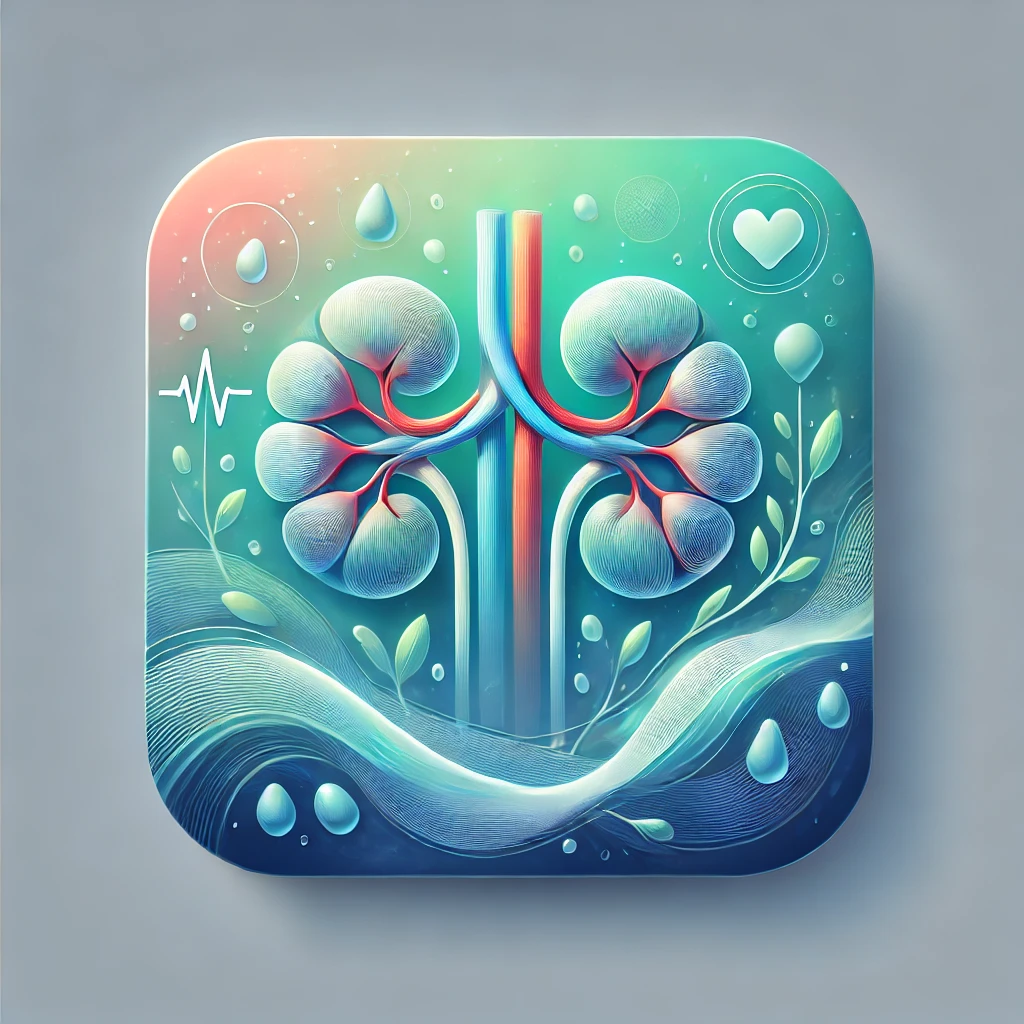The kidneys are vital organs responsible for filtering waste, balancing fluids, and maintaining essential bodily functions. Poor kidney function, also known as kidney disease, can develop due to various factors that damage these organs. Understanding the causes can help in prevention and early intervention, ensuring better kidney health.
1. Chronic Conditions Affecting Kidney Health
Certain long-term health issues can impair kidney function, including:
- Diabetes: High blood sugar levels over time can damage the tiny blood vessels in the kidneys, leading to diabetic nephropathy.
- Hypertension: Elevated blood pressure can strain kidney arteries, reducing their filtering capacity.
- Heart Disease: Poor heart function can reduce blood flow to the kidneys, impairing their ability to function.
2. Infections and Inflammation
- Urinary Tract Infections (UTIs): Repeated or untreated UTIs can spread to the kidneys, causing pyelonephritis, a severe kidney infection.
- Glomerulonephritis: Inflammation of the kidney’s filtering units (glomeruli) can occur due to infections, autoimmune diseases, or certain medications.
3. Obstruction and Injury
- Kidney Stones: These can block urine flow, causing pain, infection, or kidney damage if left untreated.
- Trauma: Physical injury to the kidneys from accidents or surgery can lead to impaired function.
4. Toxins and Medications
- Prolonged Use of NSAIDs: Over-the-counter pain relievers like ibuprofen or aspirin can harm kidneys with prolonged use.
- Toxins and Chemicals: Exposure to heavy metals, certain industrial chemicals, or illegal drugs can damage kidney tissue.
5. Lifestyle Factors
- Dehydration: Insufficient water intake can hinder kidney function and lead to the formation of kidney stones.
- High Salt Diet: Consuming excessive salt can elevate blood pressure and burden the kidneys.
- Smoking and Alcohol: Both can reduce kidney blood flow and worsen underlying health conditions like diabetes and hypertension.
6. Genetic and Congenital Issues
- Polycystic Kidney Disease (PKD): This inherited disorder leads to the growth of cysts in the kidneys, affecting their function.
- Congenital Abnormalities: Structural defects in the kidneys or urinary tract present at birth can impair their efficiency.
7. Aging and Other Risk Factors
- Age: Kidney function naturally declines with age.
- Ethnicity: Certain groups, like African Americans, Asians, and Native Americans, are at a higher risk of kidney disease due to genetic and socioeconomic factors.
- Obesity: Being overweight can lead to diabetes and hypertension, both of which increase the risk of kidney damage.
Prevention and Management
While some causes of poor kidney function are beyond control, many are preventable. Here’s how to protect your kidneys:
- Monitor Chronic Conditions: Keep diabetes and blood pressure in check with regular medical care.
- Stay Hydrated: Drink plenty of water to aid kidney filtration and prevent stone formation.
- Eat a Balanced Diet: Reduce salt and processed foods, and maintain a healthy weight.
- Exercise Regularly: Physical activity supports overall health, reducing kidney disease risk factors.
- Avoid Overusing Medications: Use painkillers and other medications only as prescribed.
- Quit Smoking and Limit Alcohol: These lifestyle changes benefit your kidneys and overall health.
When to Seek Medical Help
Early signs of poor kidney function, such as fatigue, swelling in the legs or face, changes in urine output, or persistent high blood pressure, should never be ignored. Regular check-ups and kidney function tests (like GFR and creatinine levels) are essential, especially for high-risk individuals.
By understanding and addressing the causes of poor kidney function, you can take proactive steps toward healthier kidneys and a better quality of life. Prevention is always better than cure, so make kidney health a priority today!

